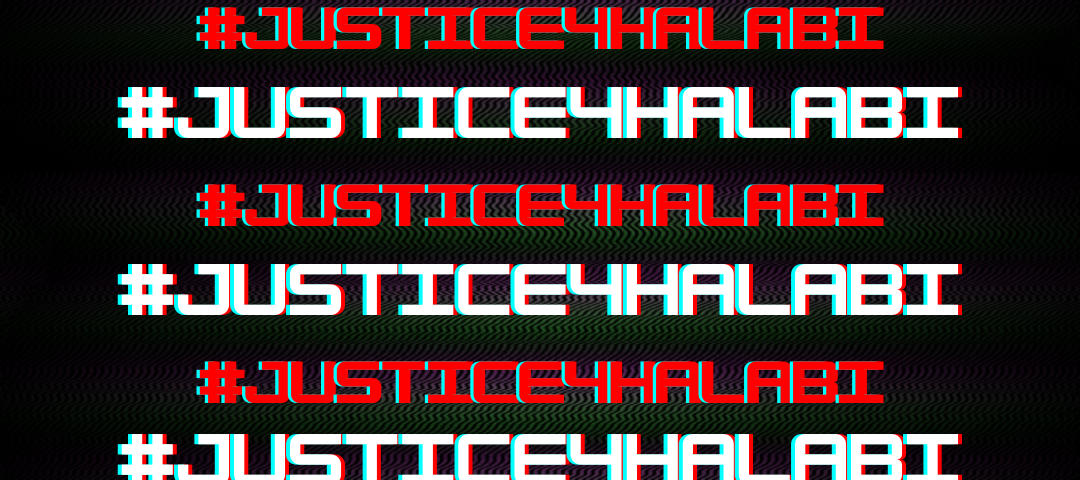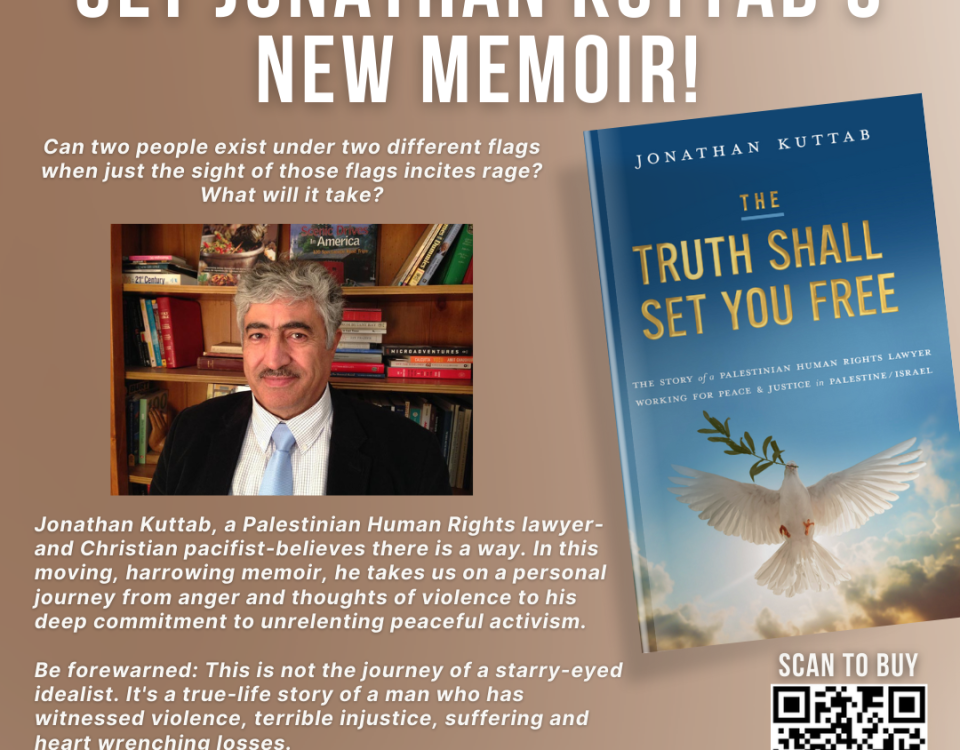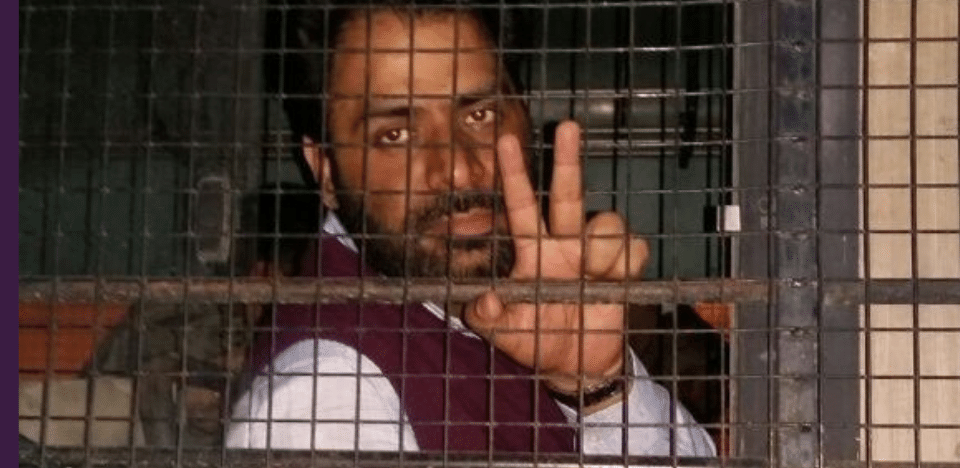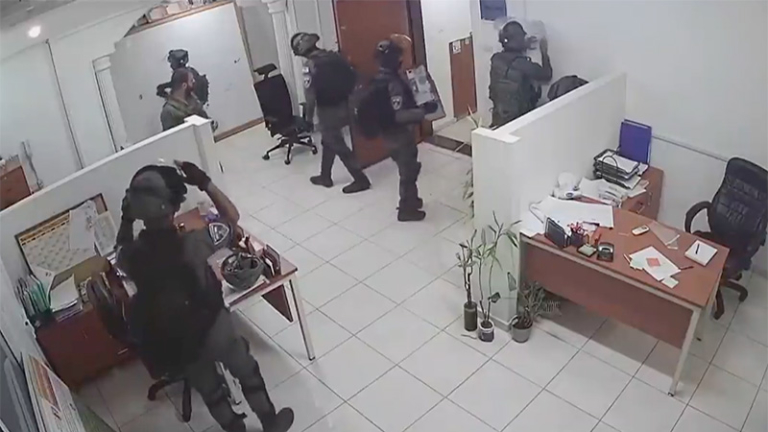
An Update on Israel’s Terrorist Designation for Palestinian Civil Society Organizations
August 6, 2022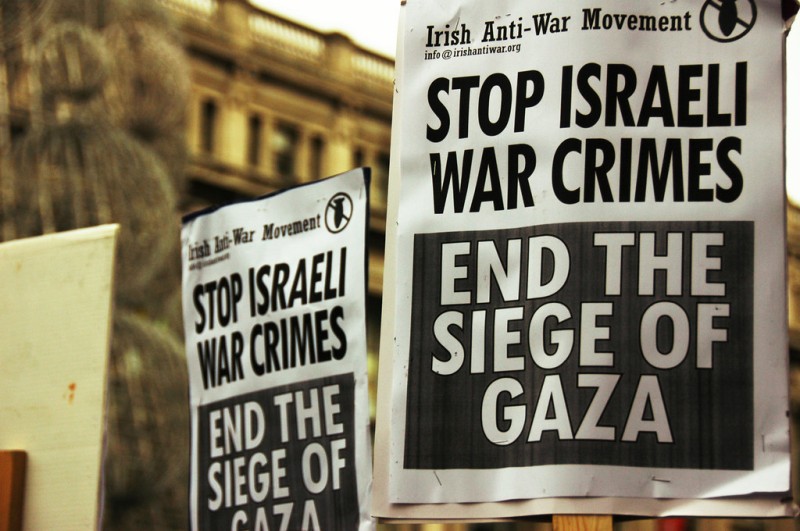
Walking into a minefield
September 14, 2022First published on Friends of Sabeel North America
September 8, 2022
Last week, the Israeli court finally issued a sentence in the case of Mohammed El-Halabi, former Executive Director for World Vision International in Gaza, who was convicted on a variety of charges that include diverting development money and providing additional services to Hamas. Halabi was arrested on June 15, 2016 and suffered through a lengthy trial for six years, after which he was convicted on all counts listed in the charge sheet. His conviction was on June 15. A prison sentence of 12 years was passed down just last week.
The shocking facts in his case were described by Halabi’s attorney, Maher Hanna in a special briefing conducted by FOSNA on June 22. It can be found here.
Our main concerns, which are pointed out in that briefing, are as follow:
- Torture. Mohammed was tortured, suffering both bodily injuries and sleep deprivation (having only slept 6 hours in 5 days), but he still refused to confess. According to the judge, the fact that Halabi did not confess under torture just means that the fact of he was tortured is irrelevant.
- Lack of evidence. The only evidence against Halabi was a supposed confession made to a fellow prisoner, a prisoner who previously had been convicted of perjury and whose secret testimony was the sole basis for conviction. World Vision records, confiscated upon Halabi’s arrest, were not even examined by the prosecution, nor was the defense even allowed access to them.
- Ridiculous charges. At least three of the charges leveled against Halabi were clearly ridiculous on their face. They were plainly contradicted by evidence produced in court. Namely:
- It was claimed that Halabi photographed and reconnoitered the Erez Checkpoint for Hamas in 2010, yet it was proven by Israeli records that between 2011 and 2016 he never entered the Erez Checkpoint.
- In addition, Halabi was charged with diverting more money to Hamas than the entire World Vision budget in Gaza.
- Halabi was charged with diverting thousands of tons of iron and cement imported through Keren Shalom to Hamas, yet Israeli records clearly show that no cement or iron was ever imported by World Vision at all, and none through Keren Shalom.
- Evidence of innocence. Halabi was able to prove his innocence far beyond a reasonable doubt. Two international audits show conclusively that no money was missing or diverted from World Vision offices or projects. All projects were implemented and their funds accounted for. The judge rejected all the evidence of proper procedures being followed by World Vision, stating that even the most stringent procedures could theoretically be breached, and, since Halabi is intelligent, he was therefore capable of circumventing all safeguards and procedures.
- Subverting defense efforts. When the Prosecution claimed that money was diverted, Halabi’s lawyer, Maher Hanna, offered to bring in all World Vision employees to testify. However, they were refused permits to enter Israel, and their video testimony was discounted because it was not given in person. When the Prosecution claimed that farm project money was diverted to Hamas, Maher Hanna offered to bring as witnesses all farmer-beneficiaries. The Prosecution refused, stating that the World Vision’s projects were in fact implemented, that he was unable to name any projects that had not been implemented, and that the evidence was too voluminous to investigate.
- Restrictions on the defense attorney. Halabi’s attorney was prevented from even taking notes, writing summaries, or composing arguments except when on a computer kept by the Secret Service. He was not allowed to have the evidence examined by experts, call witnesses from Gaza, or even to visit Gaza himself to interview witnesses and collect evidence.
- Unprecedented procedures. New regulations were specifically used regarding hearsay, evidence rules, and other procedures in order to ensure conviction. Such procedures were unprecedented, but may well become standard in future cases.
- Secrecy. While the Israeli court justified such secrecy as being needed for security, Maher Hanna boldly stated that the only reason he could see for “security” was the need to protect the prosecution from embarrassment at the flimsiness and silliness of the supposed secret materials.
In issuing his sentence, the judge merely compounded the injustice by stating that regardless of the evidence presented or the merits of the case, consistency with the seriousness of the charges requires that a very severe punishment be given: hence the 12 years.
Maher Hanna plans to appeal. In his opinion, however, the issue on appeal will not be the guilt or innocence of Halabi but rather the very character of the Israeli judicial system. This was not a military court, nor was it a court in Gaza or the Occupied Territories. Whatever procedures, irregularities, or outrages allowed in this case will become, if sustained on appeal, the norm for Israeli courts. Most Palestinians accused of security related charges in Israeli courts take a plea bargain. Halabi refused a plea bargain and, by doing so, exposed the injustices of the Israeli system and how that system is used to intimidate, control, and silence humanitarian organizations like World Vision. There remains hope that with sufficient publicity and international involvement the Israeli High court will be too embarrassed to validate such an outright, blatant injustice.
As such, there is every reason to redouble our efforts and rejuvenate our campaign in pursuit of #Justice4Halabi. In addition to spreading the word, please join our campaign by using the link below to contact your representatives, asking them to apply the pressure needed to overturn such an unjust sentence. Mohammed El-Halabi, who once received the Humanitarian of the Year Award, must be allowed to return to his family, his humanitarian work, and his mission.



